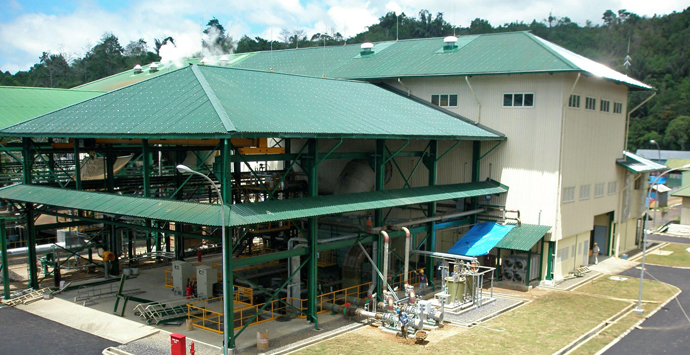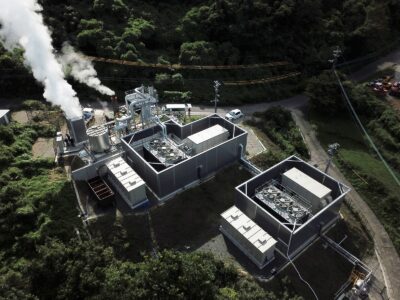Indonesia sees 200MW potential in diesel to geothermal conversion
Indonesia sees a 200 MW capacity potential from the potential conversion of diesel power plants (PLTD) into small-scale geothermal power plants (PLTP), according to the Indonesian Agency for Assessment and Application of Technology.
Indonesia sees a 200 MW capacity potential from the potential conversion of diesel power plants (PLTD) into small-scale geothermal power plants (PLTP), the Indonesian Agency for Assessment and Application of Technology (BPPT) is quoted in a recent article.
“Director of the Conversion and Conservation Technology Study Center of BPPT Arya Rezavidi said after signing a MoU with several companies in Jakarta on Monday that the potential of the power plant is the result of a joint study of BPPT and the Ministry of Research and Technology.
“The PLTP are located in West Nusa Tenggara and East Nusa Tenggara, Maluku, and North Maluku,” he said.
The MoU was signed by on a separate occasion with PT Pertamina Geothermal Energy (PGE), PT Rekayasa Industri, PT Inka, and PT Nusantara Turbin Propulsi (NTP).
He said the 200 MW PLTP would save the equal of 200,000 kiloliters of fuel oil consumption worth Rp1 trillion per year.
Now Indonesia still has no readily applied and proven technology for small-scale PLTP, while it has the potential a pioneer power plant or utility power plant in the development of geothermal fields and during construction work.
President director of PGE Abadi Poernomo said right now the domestic content (TKDN) of geothermal projects of state oil and gas company Pertamina as well as those still under construction is still small, only three percent.
“But we are constantly trying to increase the TKDN,” he said.
He said local investors could could play a greater role in the building of small-scale power plants for which the regional governments will hold a tender.
He said if local companies are able to supply the turbines, the TKDN would have reach 45 percent.
“Especially if they are able to supply the pipelines,” he said. ”
Source: Antara News


















